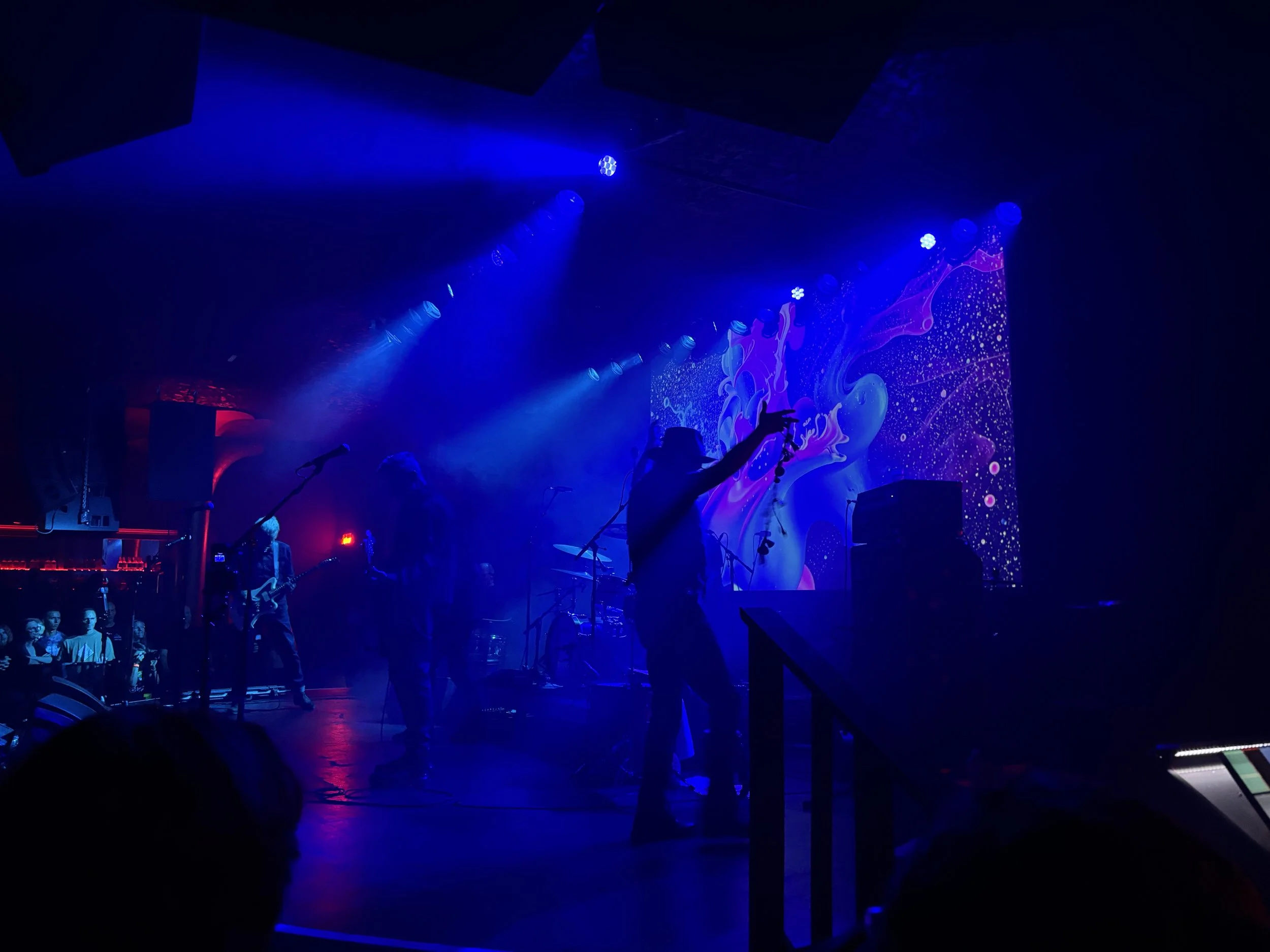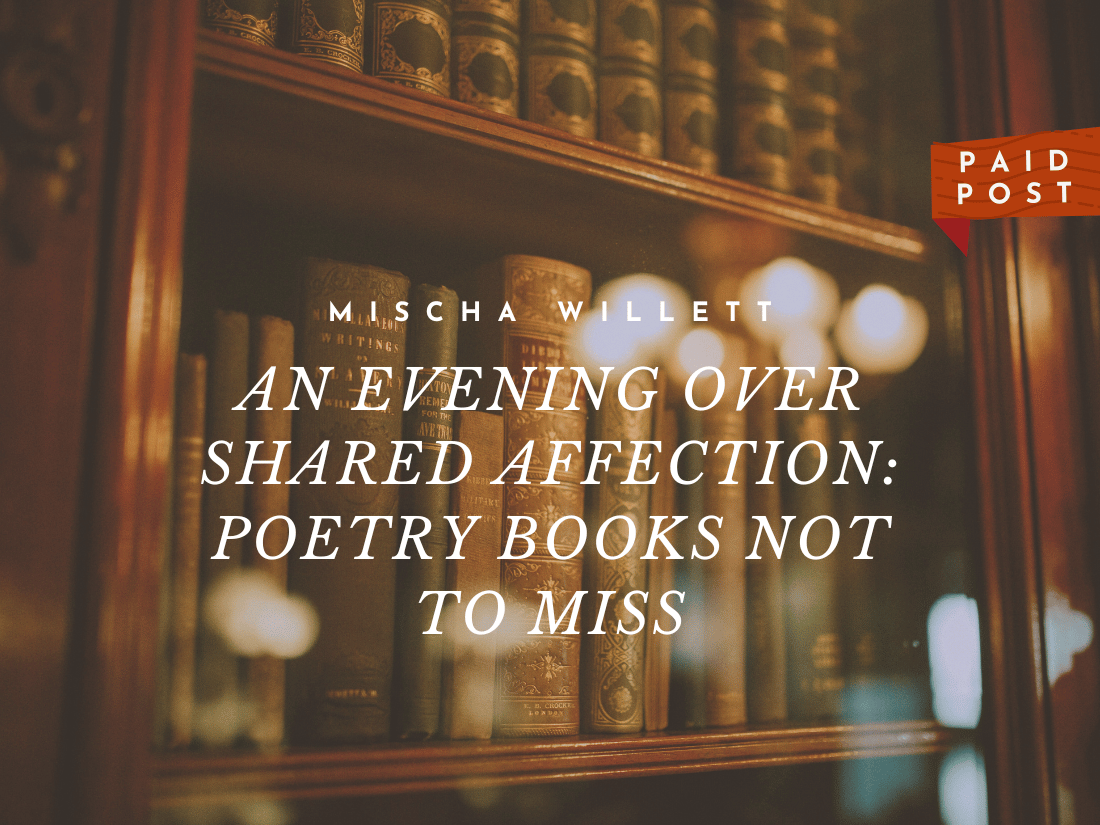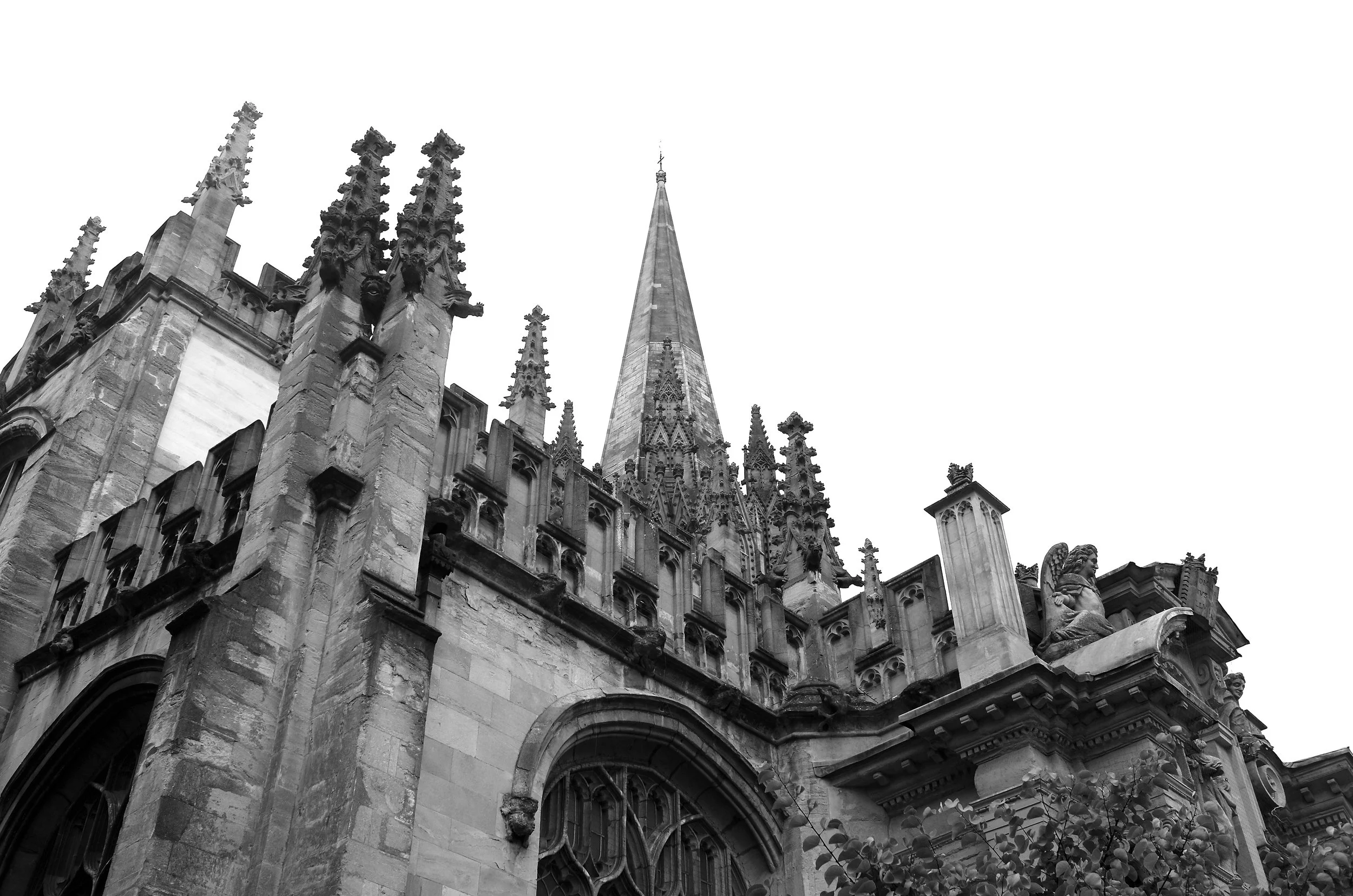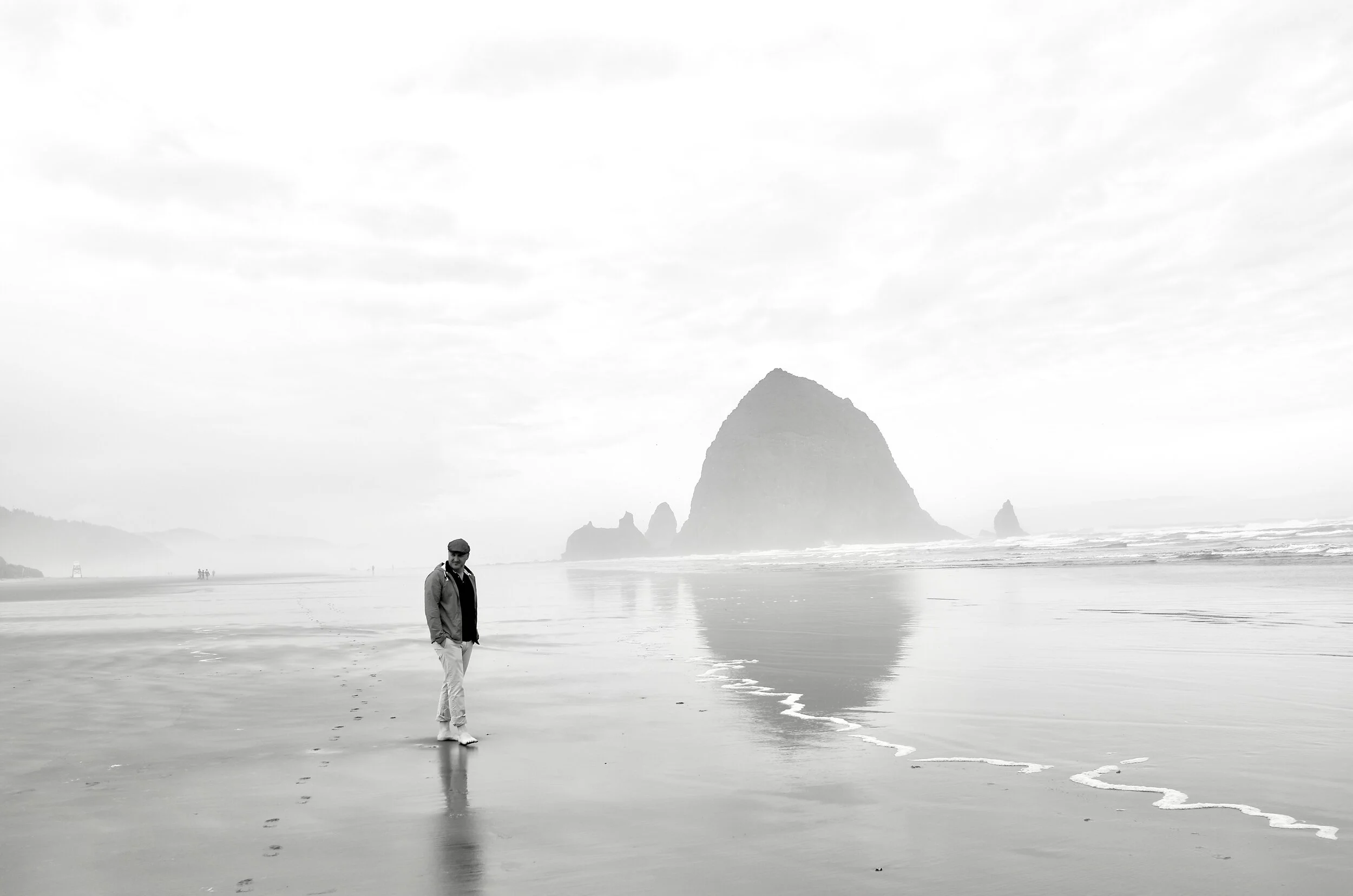Music/ 2025
My annual Best Albums of 2025—or at least, my favorite records this year, though not all were released in it. Does that make sense?
My First Hutchmoot
In which I recount, briefly, the glories of traveling to my first Rabbit Room gathering.
Six Christian Poetry Anthologies Worth Reading
When a particular mode of production, or of concern, reaches certain thresholds, or when public taste shifts palpably enough, artifacts attesting to it arise to delineate its contours. Often this happens around the turn of the century, or when a major figure dies
An Evening over Shared Affection: Poetry Books Not to Miss
Eventually, we’d get around to the question “have you read anything good recently?” And that's when our cartridge needles would settle into our respective grooves and things would really start swinging.
A Few from England
I brought my camera this time, so I could share with you some of the highlights.
Pop Goes the Culture
What is it about combining lyrics and instrumentation that reduces so the use-by date?
Literature and Faith
I love the course because it allows me to talk about my favorite things: poetry and Christianity. But also I love how much is possible under those headings.
Festus Endorsements
Philip James Bailey’s first poem was met with some rather excitable Victorian admirers.
Shakespeare on Salvation
What is evident about YHWH from at least as far back as the Abraham-Isaac story, is that He is perfectly comfortable disturbing the narrative from without.
The Getaway: A Wedding Memory
The getaway vehicle was going to be a Bentley, but we moved out wedding date over a few days and so he asked would a white Rolls Royce be alright with me? Yes, I assured him, a Rolls Royce would be fine.
Why I Smell So Good
As with other forms of beauty, I've been interested in the aesthetic of smells for most of my life.
Year in Review 2020
Amid so much that was bad, so many lives lost and also so much life—graduations missed and readings and concerts cancelled, careers stalled, businesses shuttered—there was, nevertheless this year much to rejoice.
A Biography, in Brief
It occurs to me that some people want more than the pithy, dust-jacket style biographies on offer on minimalist websites. We want to know about poets, our professors! Or at least I do.
Ways to Wait: more thoughts on Advent
I wanted to offer here a little more evidence for why I think we should consider Advent a time of joyous anticipation rather than one of solemnity, mostly for the unconvinced.














